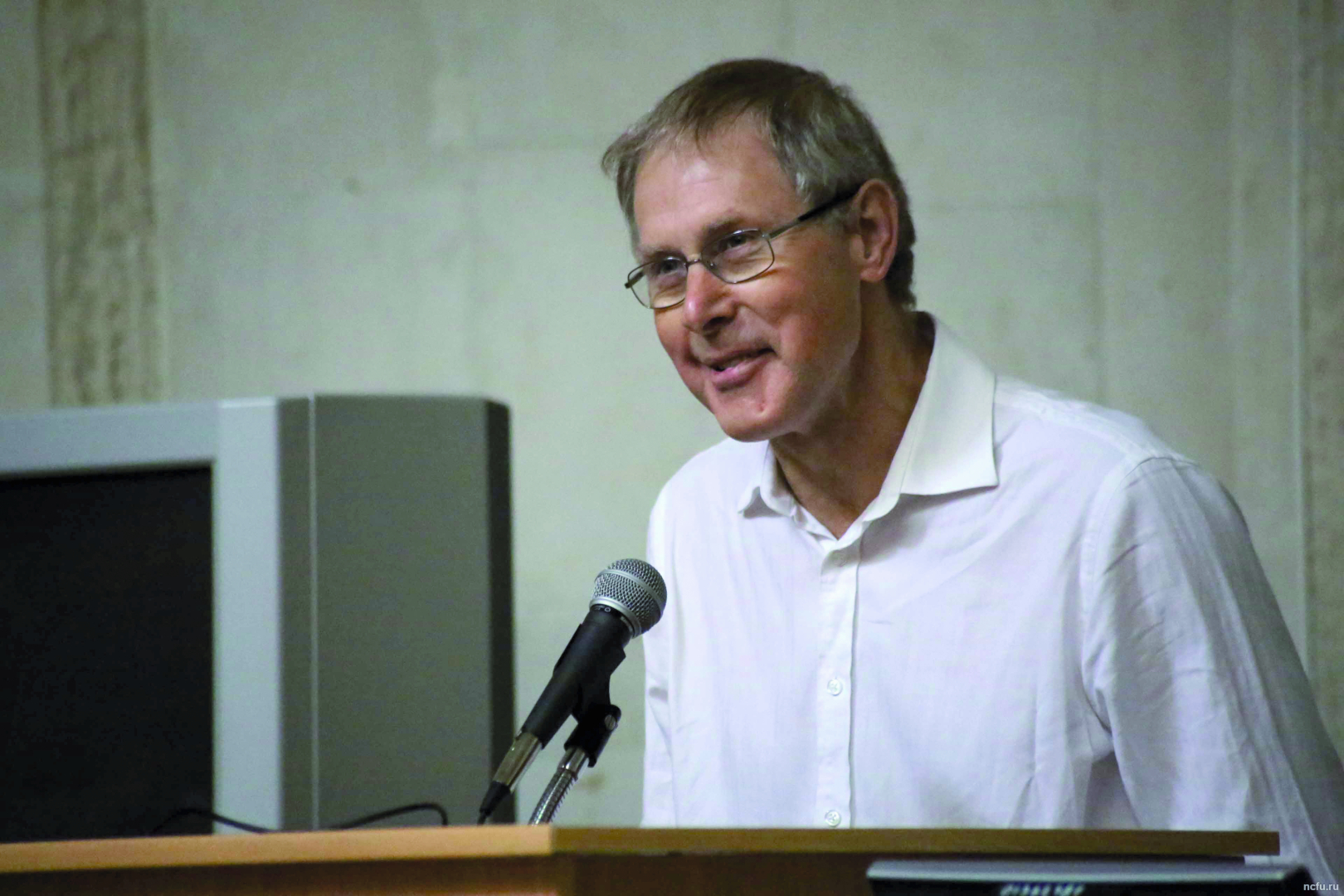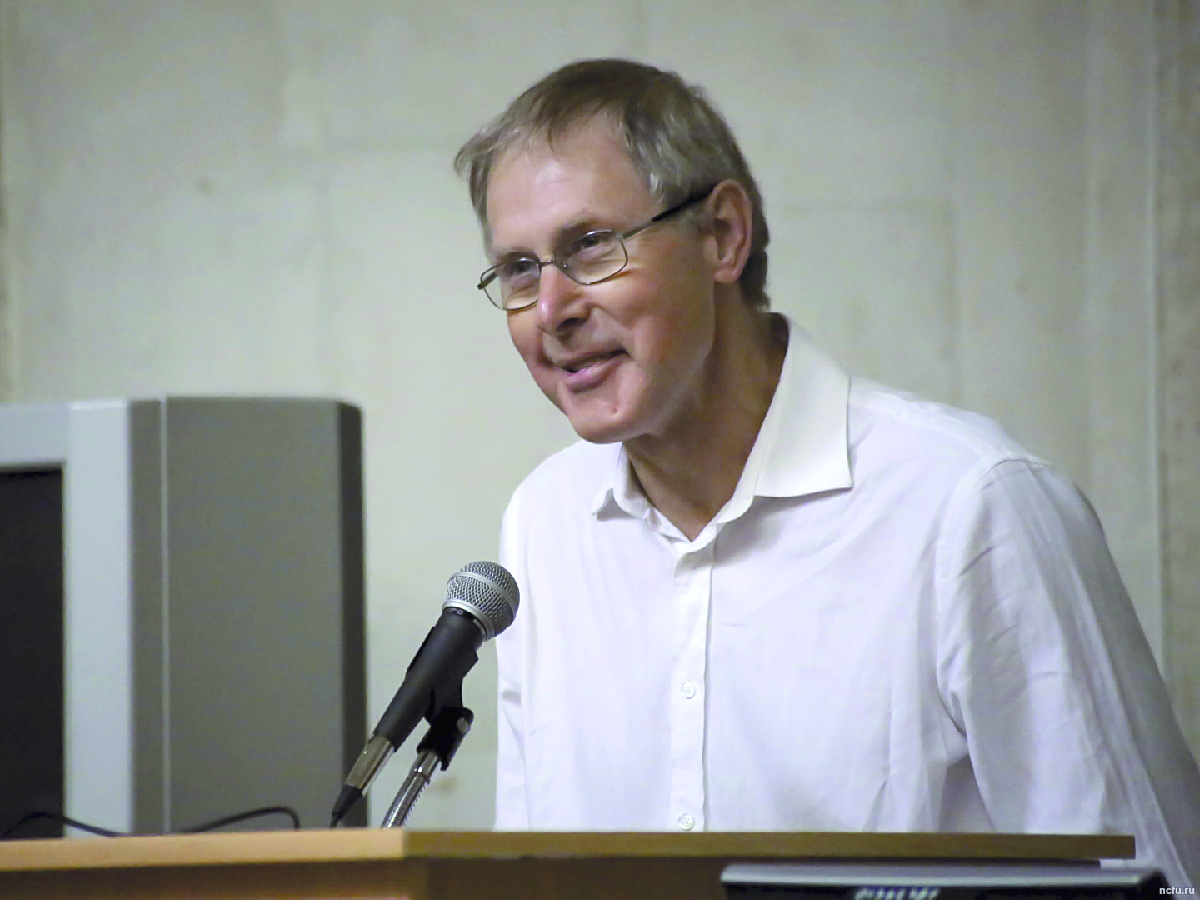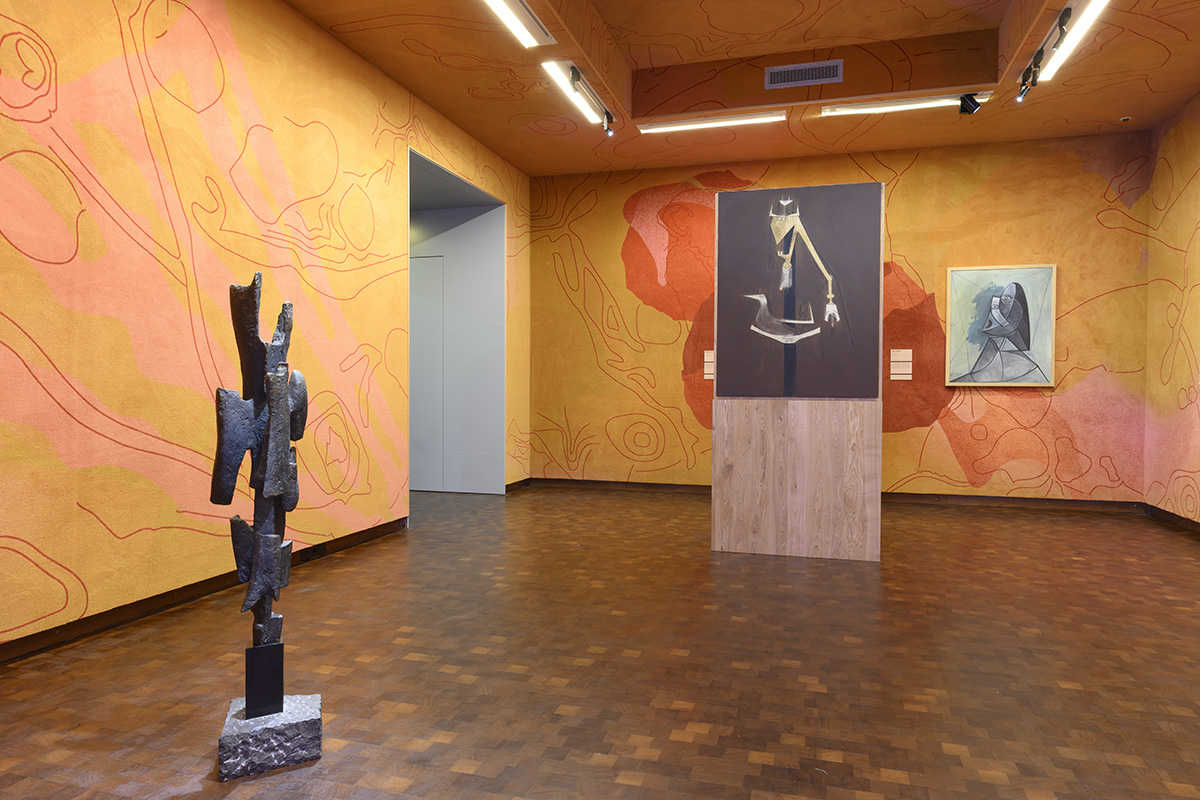Steve Flinders – Education, education, education
Text & Photo: Steve Flinders

“Education, education, education” was the mantra of Tony Blair in the run-up to the 1997 British general election. It’s a pity that it translated into the silly target of getting 50 per cent of 18-year-olds into university while seriously neglecting vocational education.
I was reminded of this while attending a teachers’ conference organised by the Ministry of Education in Malta recently. I learnt that ‘lifewide learning’ now accompanies the more well-established notion of lifelong learning. Lifewide learning is about how our learning occurs informally in many contexts – at home, in the workplace, on the internet, through friends, and not just formally in school and college.
I also learnt about the EU’s Vision for Open Education – “a way of carrying out education, often using digital technologies… to widen access and participation to everyone by removing barriers and making learning accessible, abundant, and customisable for all.” It invites us to see our lifelong and lifewide learning in terms of a matrix of ‘journeys’ and ‘discoveries’, both guided and self-guided.
Several speakers compared the motivation of video game players with the demotivation of students in schools. Video games offer achievable challenges with no stigma attached to failure. They are pleasurable and encourage curiosity and experimentation. Formal education all too often fails to replicate the successful learning processes which go on in games. And it too often fails to put the learner and learning how to learn at the heart of its purpose.
To compound all this, the physical environment in schools and training centres is often little different from that which learners suffered a hundred years ago and more. There are still too many colourless, impersonal classrooms with boring decor and obstacles masquerading as furniture which are depressing for teachers and students alike.
65 per cent of today’s primary school children will go into jobs which don’t yet exist, we were told. They will be able to enhance the opportunities they have and the effectiveness of their learning if they understand the complex nature of the learning environment in which they will function.
In my ideal world, we would all have learning mentors who would help us to monitor and reflect on the quality and quantity of our learning, both in and outside the workplace. Indeed, we would all mentor each other. Not to do so will be both personally impoverishing and damaging to business and national economic performance.
Steve Flinders is a freelance trainer, writer and coach, based in Malta, who helps people develop their leadership and communication skills for working internationally: steveflind@aol.com Disclaimer: The views and opinions expressed in this column are those of the author and do not necessarily reflect the official policy or position of Discover Benelux.
Subscribe to Our Newsletter
Receive our monthly newsletter by email




